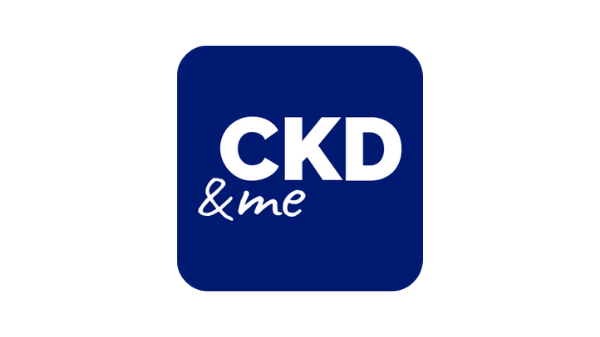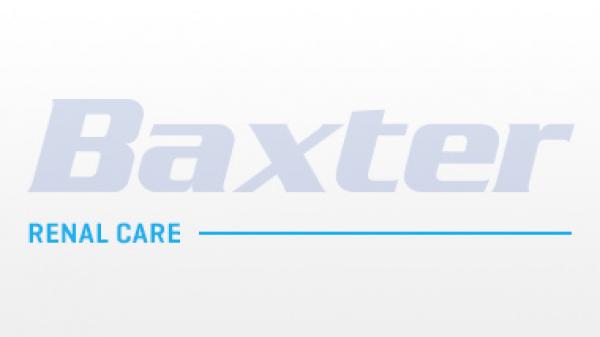Proactively Managing Our Kidney Health for Better Outcomes
Being diagnosed with chronic kidney disease (CKD), the gradual loss of kidney function can be overwhelming; not knowing you have CKD can be life-threatening. The reality is that more than 30 million Americans have some stage of the disease.
Advice from Dr. Mary Gellens, nephrologist and senior medical director at Baxter
Unfortunately, of those more than 30 million—or 1 in 10—Americans with CKD, undiagnosed and untreated, many progress to full kidney failure. When our kidneys aren't working properly, they no longer remove harmful wastes and excess fluids from our bodies, making regular dialysis treatments or a kidney transplant a requirement.
There was a moment years ago that will always stick with me. I was rounding in the dialysis unit, checking blood pressures and medications, when one patient said to me: "We're really lucky to have a good doctor like you taking care of us." That appreciation fueled my commitment to improving patients' quality of care at every stage of the disease.
Although CKD cannot be reversed, it can be treated in its early stages, before dialysis or a transplant is necessary—and research indicates there are benefits to doing so. A recent study in Colombia found that after one year, people enrolled in a proactive CKD management program presented a low rate of initiation of dialysis therapy, a median rate of kidney disease progression, and a small proportion of dropout from the program1.
So, if CKD can be proactively managed, why aren't more of us familiar with the risk factors and proactive management options that exist to help avoid what can feel like a sudden and drastic diagnosis? I joined Baxter to try and help more people, scaling my one-to-one interactions with patients to have a greater impact on the renal community as a whole.
First, understanding what puts us at risk for the disease is crucial. Certain conditions like diabetes, high blood pressure and heart disease can increase the likelihood of CKD, as can specific demographics, like race and age. If you know your risk, you can work with your doctor to make changes to your diet and daily routine to help keep your kidneys working.
You can also get tested. Just as colonoscopies and mammograms are done routinely, we should regularly test our kidney health. Annual physicals can help uncover some of the first signs of kidney dysfunction, and specific tests enable early diagnosis of CKD—before the disease progression limits treatment options and causes a heightened sense of urgency and stress.
As a physician, engaged patients are often my most successful. I urge everyone to get educated about the disease: know your risk factors, explore management opportunities and be aware of therapy options. When it comes to CKD, this is the best way to ensure we are empowered to play an active role in our care.
25%
CKD Can Be Managed Before Dialysis
A recent study followed a cohort of 2,445 CKD patients for a year, monitoring their progression while in a proactive pre-dialysis management program in Colombia[1]. The study specifically tracked the pattern of change in patients’ creatinine levels, an indicator of kidney function. The patients in the program presented a 25% rate of initiation of dialysis therapy in a year’s time, reflecting a low median rate of kidney disease progression and a small proportion of dropout from the program.

